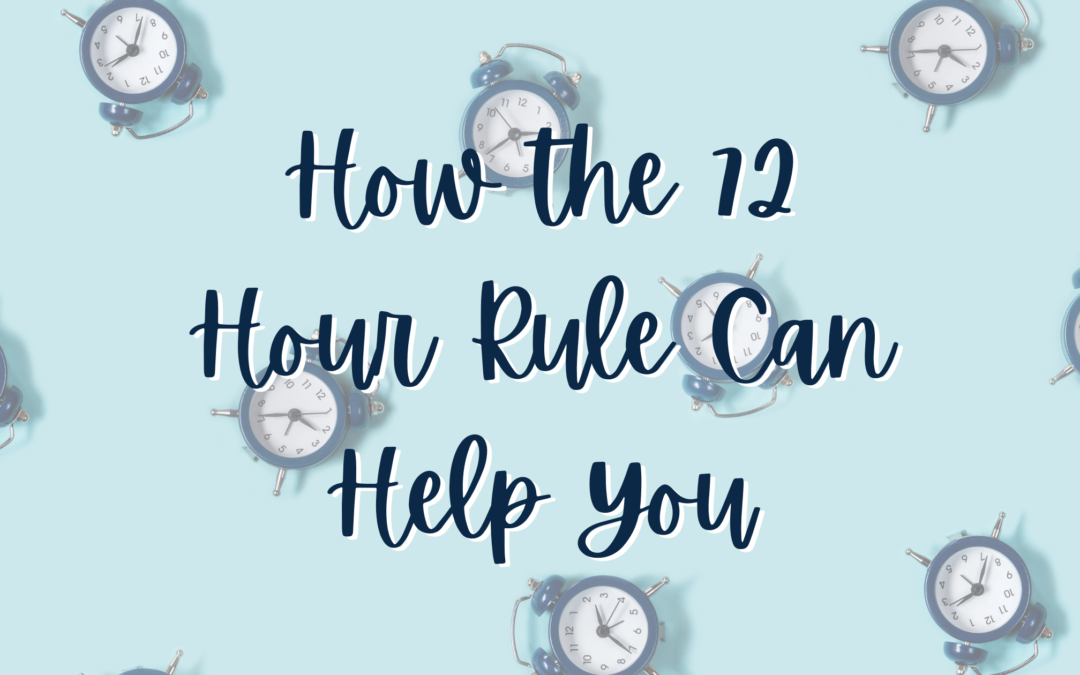
You Don’t Fear the Thing – You Fear its Outcomes
What if I told you that we are not scared of the things, but rather the consequences they bring? It sounds like a paradox, but it is true. For example, we might be terrified of spiders and this fear prevents us from ever looking at one. In reality though, they would only really cause harm if they were poisonous or something dangerous in some other way. However because these outcomes are possible (even if unlikely), then our terror overcomes any curiosity and keeps us away from them all together.
The same principle applies in many other aspects of life too – we’re afraid of not passing an exam even though it’s just paper; we’re afraid to confront someone who has hurt us even though talking about it could make both people feel better.
We shy away from things thinking we are afraid of them, or that they are unpleasant, but in reality all we’re trying to do is escape from the consequences.
You aren’t really afraid of failing a class. What you are afraid of is the humiliation if you had to stay a year back.
You aren’t really afraid of confronting someone. What you are scared about is if you do get hurt, the pain and time it will take to heal, or how hard your recovery might be on those around you.
You aren’t scared of the it, you are scared of the what if.
If you can take care of the what ifs, then there is really no need to be scared.
And when you are getting affected by the what ifs , it’s better that you get affected by the ‘what if it works?’ instead of ‘what if it doesn’t work?’.
We have the power to change things around – and for the better. We just need to change and readjust our focus.
If we can look at the consequences of our failure before it happens and take it as an example of what we don’t want, then we can also look at what results our success could bring and take it as our motivation to go forward.
If one looks at consequences before they occur then she would also look forward with hope and would work towards it, instead of the dreadfulness of what might happen if you do not accomplish the certain something.
If you were given two options as the outcomes of the same thing – a reward or a penalty – then which one would you choose?
The obvious answer is the reward. It’s always better to work towards something that has a positive outcome rather than working for an undesirable consequence, because if you see potential for the future because of that activity you are certain to put in much more effort. Let’s take an example for instance – You have to study. If you do not, you fail and if you do study, you pass. You might think the stakes are equal in both the cases. but that’s not quite true. You feel that failing is much worse than just passing because there is no incentive for passing – it’s the bare minimum.
In the first case, if you fail and do not study then there is a chance that your future will be ruined. You might have to take an extra year of school and even worse – repeat it all over again!
But in this scenario where we are talking about studying, and studying well for success instead – what happens? You succeed at your exam by working hard and preparing yourself beforehand; you go into class with confidence because you’ve studied so much. And this is not just passing. This scenario really is about being above all others in terms of the efforts you’ve put.
Here the end result would be being the top of the class and having that confidence in yourself and the feeling of satisfaction and other emotions that accompany them are much more important.
You see that when you saw the end result of not studying as failing, you put in just enough effort to pass. However when you see the end result of studying as being at or near to top in class, you put in more time and effort because you want something as opposed to working because you want to avoid something.
There’ll be a huge difference when you clean your room because you don’t wanna get thrashed by your mother versus when you clean your room when you want it to look nice (or maybe when you’re friends are coming over).
The difference just really shows. One can really tell if something has been done whole heartedly or superficially.
If you’re afraid or worried – don’t let fear stop your progress! You can’t let fear stop you from doing the things that will make your life better.
This is what we need to do in order for us not to be scared of our future anymore, but instead excited about it – so that we can genuinely work for it!




